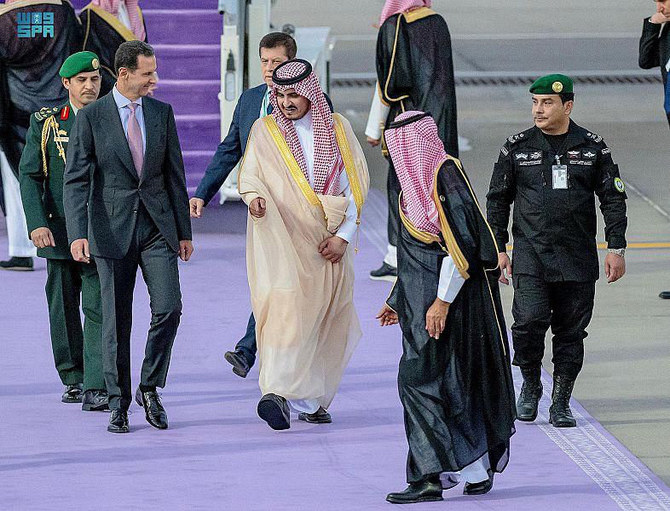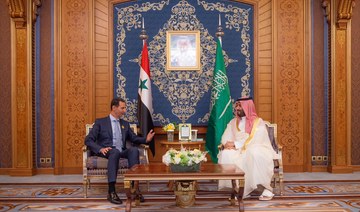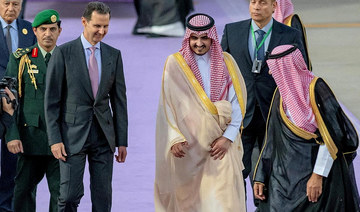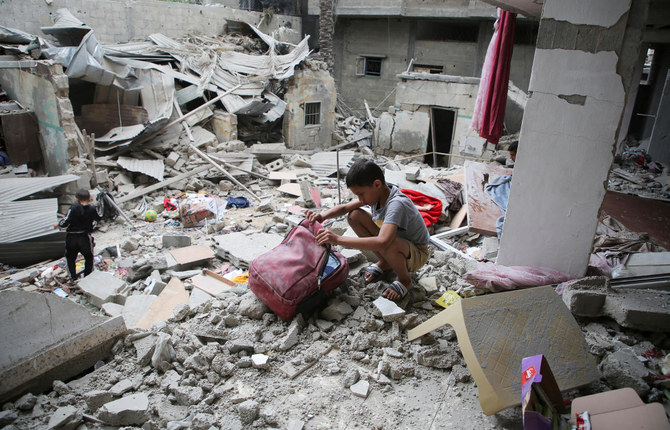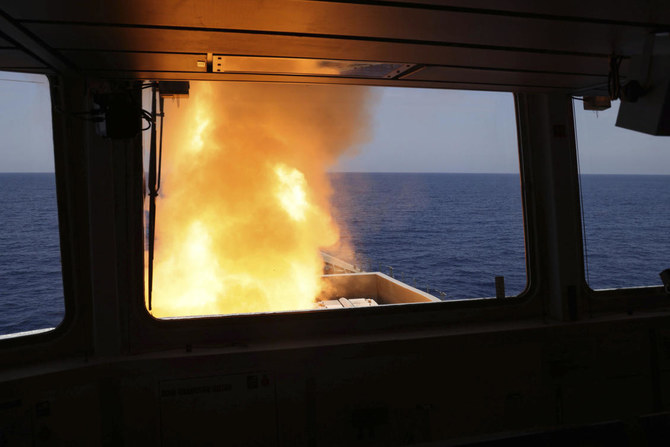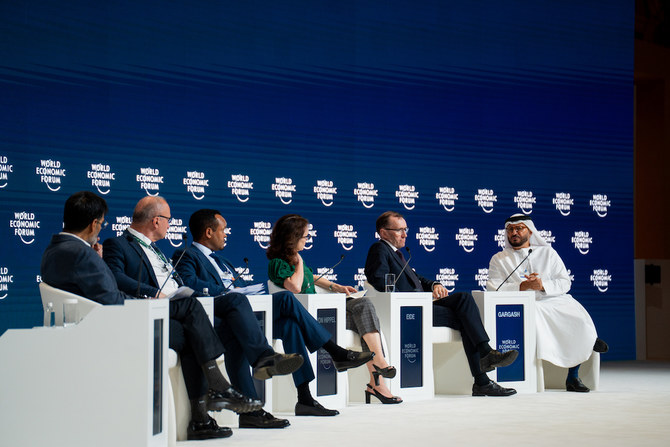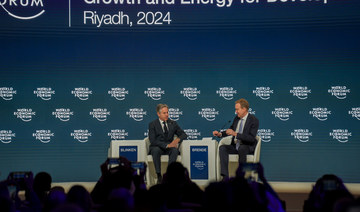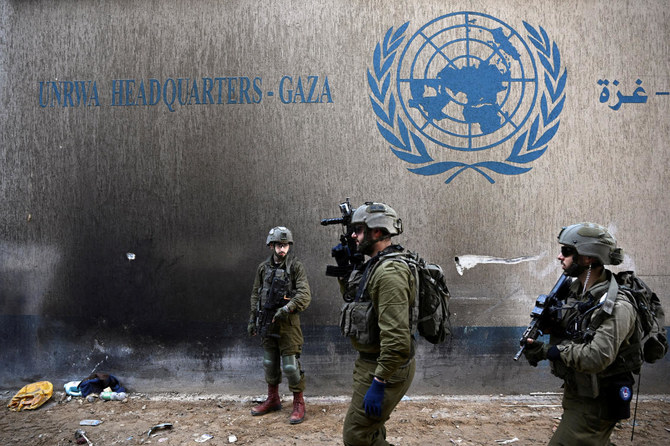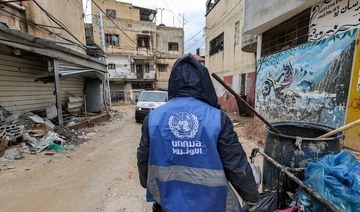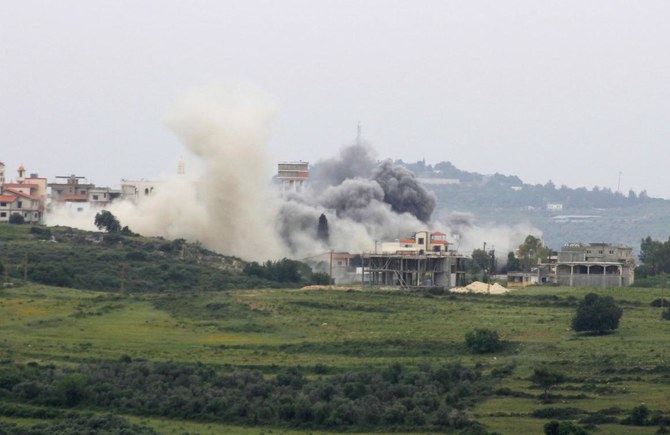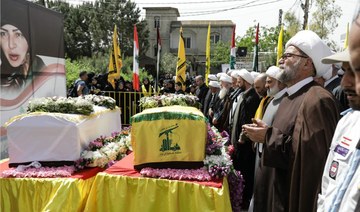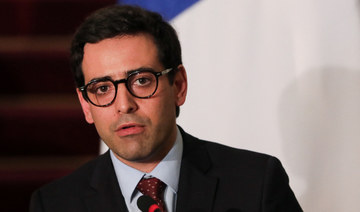IRBIL, Iraqi Kurdistan: Thirteen years after President Bashar Assad attended a major Arab League meeting, a Syrian delegation led by him has taken part in the 32nd summit, this time in the Saudi city of Jeddah.
Assad’s participation in Friday’s summit follows Syria’s readmission into the pan-Arab body earlier this month and amid broader Saudi-led efforts to repair relations between Damascus and other Arab countries.
Saudi Foreign Minister Prince Faisal bin Farhan Al-Saud struck a distinctly conciliatory tone in his address on Wednesday to participants in a preparatory meeting for the summit. “We welcome the return of Syria to the Arab League,” he said while stressing the need for devising new mechanisms to deal with “the challenges facing us.”
The Kingdom is playing a critical role in Syria’s return to the Arab fold, which began with the delivery of humanitarian aid to the war-ravaged country in the aftermath of the devastating Feb. 6 Turkiye-Syria earthquakes.
Saudi Arabia and Syria intend to resume work at their respective diplomatic relations and resume flights. While Saudi Arabia, which cut ties with the Assad government in 2012, is not the first Arab country to re-establish relations with Syria, it is spearheading the current diplomatic drive, which many analysts believe has the potential to produce significant outcomes.
“I think Saudi Arabia played the role of ‘normalizing’ normalization,” Ryan Bohl, a senior Middle East and North Africa analyst at the risk intelligence company RANE, told Arab News. “Countries such as Egypt, the UAE and Bahrain were already pushing for normalization, but they all seemed like outliers without Saudi support.
FASTFACTS
Syrian President Bashar Assad received an invitation to the Arab League summit in Jeddah.
The invitation from King Salman was delivered by Saudi diplomat Nayef bin Bandar Al-Sudairi.
The invitation came 12 years after Syria’s Arab League membership was suspended.
“As the biggest Gulf Arab state with tremendous political and economic clout in the region, Riyadh’s blessing on normalization helped accelerate the trend,” he said. “In terms of benefits, most of them are long-term. In the immediate term, Saudi Arabia benefits from the appearance of being a peacemaker resolving issues through diplomacy.”
In the “longer run,” Bohl expects the Kingdom to help kickstart Syria’s reconstruction and “play a major role in rebuilding the country and potentially building up influence there.”
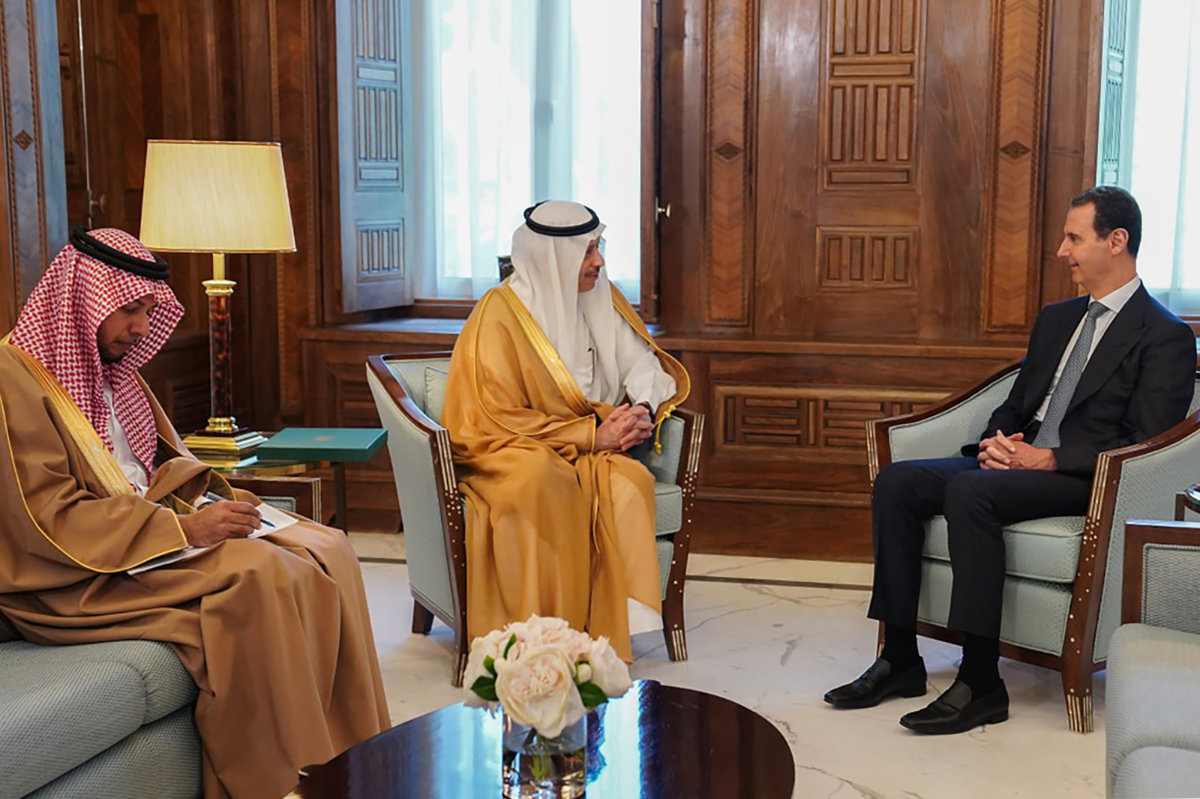
Syrian President Bashar Assad meeting in Damascus with Saudi Arabia's ambassador to Jordan, Nayef bin Bandar Al-Sudairy ahead of the recently concluded Arab Summit in Jeddah. (Syrian Presidency Telegram Page / AFP)
For Syria, the combination of diplomatic normalization and regional rehabilitation puts it on the “path of potentially gaining some sort of new economic ties with the outside world” that could facilitate the beginning of much-needed reconstruction and renewed trade.
The Arab League had suspended Syria in November 2011 over the Assad government’s crackdown on protests which began earlier that year and which morphed into a war that has killed more than 500,000 people, displaced millions and battered the country’s infrastructure and industry.
“The Saudi role has been key to Syria’s return to the bosom of the Arab world,” Joshua Landis, director of both the Center of Middle East Studies and the Farzaneh Family Center for Iranian and Arabian Gulf Studies at the University of Oklahoma, told Arab News.
Saudi Arabia’s push for stability and economic growth in the Middle East will help bring to fruition Crown Prince Mohammed bin Salman’s vision of “turning the Kingdom into a business and tourist hub” for the region.
“Syria’s rebuilding is key to building a better region that is more stable and prosperous,” he said.
Landis believes the Syrian move will advance the goal of “cementing Saudi Arabia’s role as the leader of the Arabs and the larger Middle East.”
“Now that the Saudi leadership has come to an understanding with Iran, there is no reason not to do the same in Yemen and Syria,” Landis said. “It is a win for Saudi Arabia.”
Both analysts view the Jeddah summit of the pan-Arab body as a potentially consequential one. “I think it will be one of several events that will be significant,” Bohl of RANE said. “At this point, it’s just a degree of how much more normalized Syria can get among its former adversaries. The next big breakthrough would be somehow getting past the US sanctions regime.”
For his part, Landis described the event as significant “even though the Arab League has been known for its insignificance.”
Syria’s normalization with a majority of Middle Eastern states could also help to improve the domestic humanitarian situation and even restore a degree of stability not seen in over a decade.
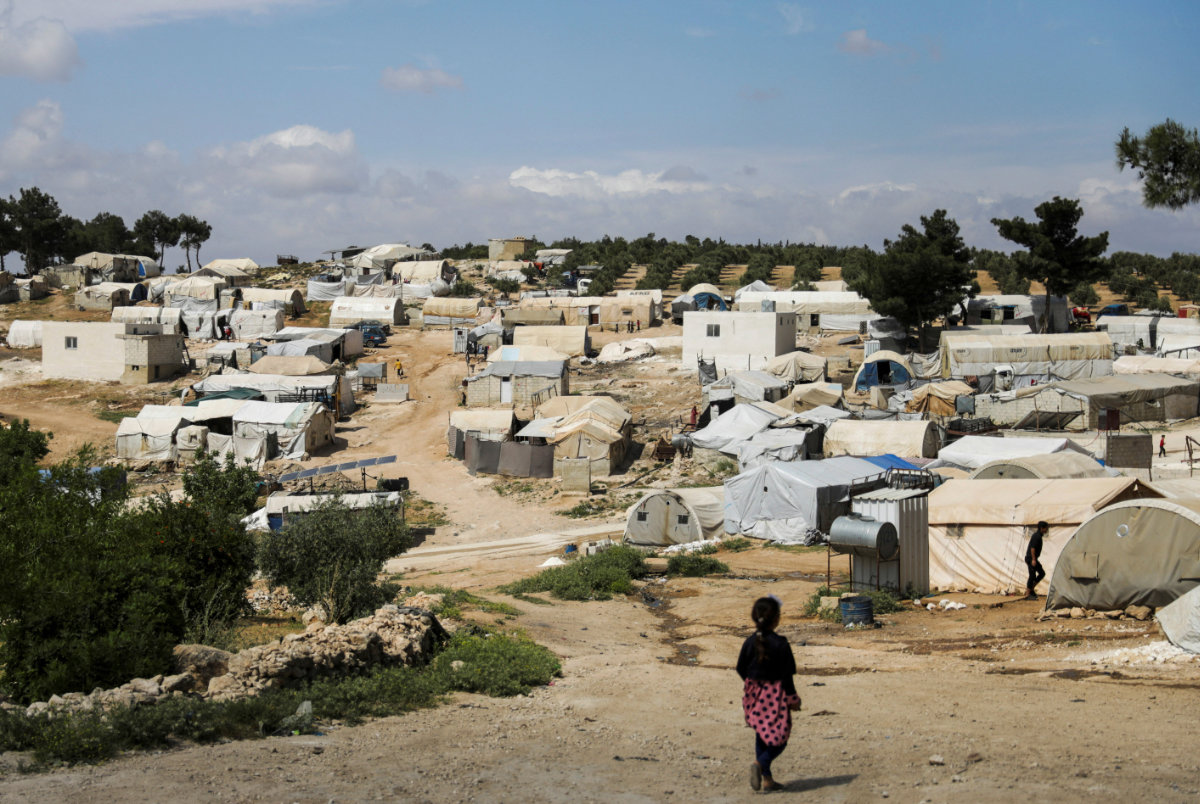
A girl walks near tents at Atmah Internally Displaced People (IDP) camp, in rebel-held town of Afrin, Syria May 19, 2023. (REUTERS)
“Normalization will ease humanitarian aid for places affected by the February earthquakes and in rebel-held territory,” Bohl said. “It could speed along some of the reconciliation agreements necessary to see a peaceful end to the civil war by encouraging rebel groups to engage in concessions to Damascus. It might also signal to Washington that its mission in Syria needs to be better defined and given a time limit.”
Nevertheless, both analysts concede that significant challenges and obstacles remain. The US remains opposed to lifting its sanctions on Syria. Landis describes those sanctions as the “great barrier” to rebuilding Syria.
“Arab countries will now have to decide how they want to chip away at Western sanctions and defy the West’s efforts to maintain a strict boycott of Syria,” he said.

Men wait for customers at a market in Syria's northern city of Raqqa on December 23, 2022, amid soaring inflation and ongoing economic crisis. (AFP)
Readmission into the Arab League is the first step toward stabilizing Syria and jumpstarting its economy, which has been severely paralyzed by over a decade of civil war and sanctions. Landis summed up the process as a “humble beginning.”
“The real challenge for the Arab League and Saudi diplomacy will be whether it can get the West to loosen sanctions and help facilitate the return of trade, the restoration of Syria’s energy sector and electric grid,” he said.
“Until that happens, Syrians will continue to live in misery and privation.”








